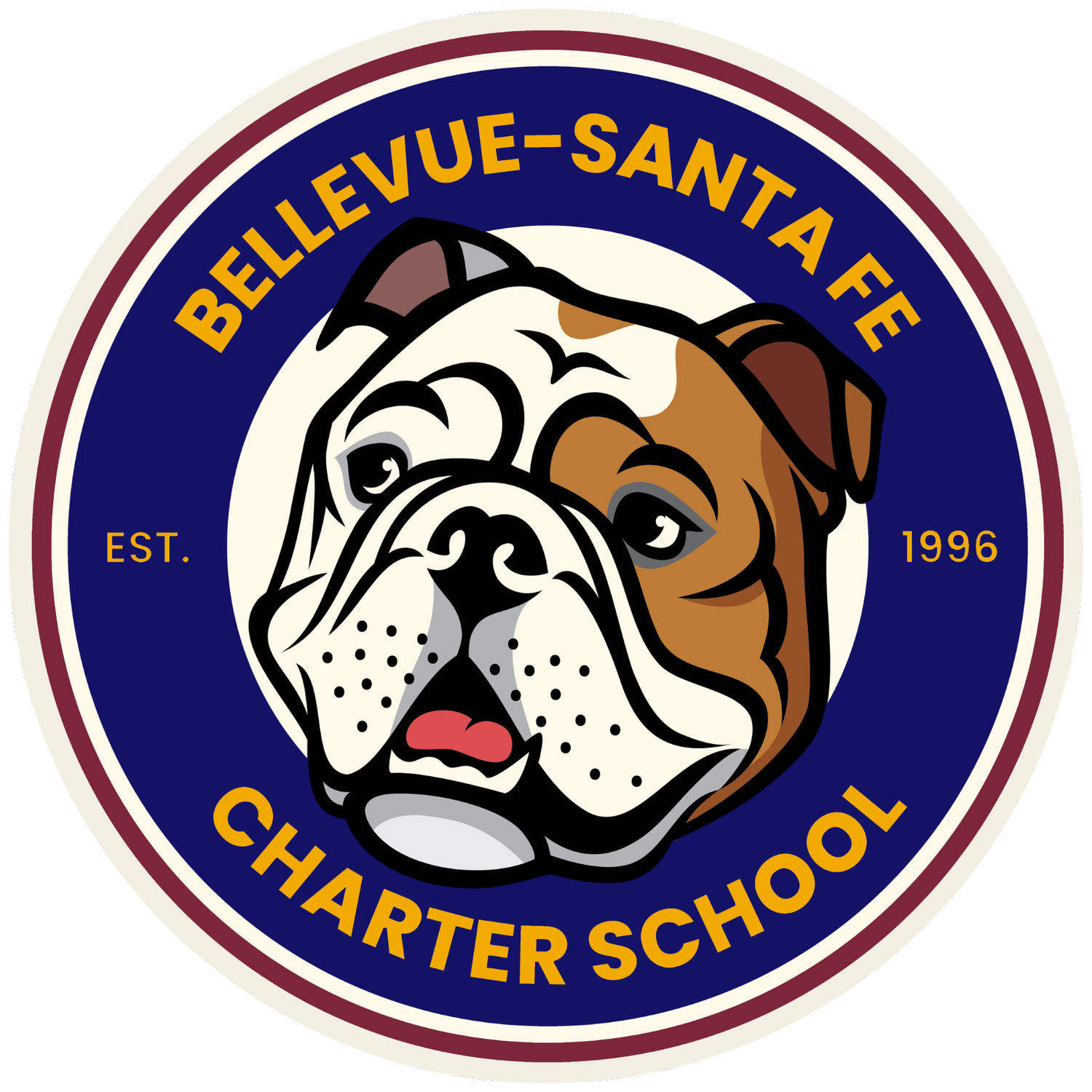Innovative Instructional Design: Fostering Student-Centered Learning and Excellence
At BSFCS, we believe that every student is unique. Because children bring their own ways of learning, thinking, and communicating to the classroom, we use differentiated instructional methods for students and recognize individual learning styles.
We encourage our students to strive for academic and personal excellence under the guiding principle that “what we learn with pleasure we never forget.” As such, our emphasis is on collaborative learning, which helps develop analytical thinking, communication skills, and deep conceptual understanding. Learning opportunities, such as historical simulations, are emblematic of Bellevue’s commitment to this style of teaching. From medieval knights and maidens to gold miners to children in a one-room pioneer schoolhouse and members of a Mesopotamian clan, students are given the opportunity to fully adopt the roles of historical characters, enhancing their concept of time and deepening their understanding of the societal trends and events that have shaped our world. Using the state-adopted standards as a guide, we utilize project-based learning in areas of study to strike a balance between skill acquisition and application.
BSFCS stands as a beacon of innovative educational practices firmly grounded in a dynamic instructional design that prioritizes multi-grade learning, project-based experiences, real-world application, community involvement, and adherence to state standards. At the heart of BSFCS's approach lies a commitment to nurturing creative, hands-on, and cooperative learning experiences, creating an environment where students flourish academically and socially. A few key parts of our academic approach define our unique instructional design.
Curriculum Tailored Weekly: One of the hallmark features of BSFCS's instructional design is classroom teachers' weekly crafting of curriculum. This approach ensures the learning experience remains fresh, challenging, and aligned with the ever-evolving educational landscape. Teachers actively seek opportunities to introduce novel concepts, fostering a culture of continuous improvement and adaptation.
Language-Based and Academically Advanced: BSFCS's curriculum is rooted in language-based instruction and offers a robust academic experience. Students are challenged to excel in their studies, with an emphasis on language skills. This comprehensive approach ensures students meet state standards and equips them with essential communication skills for future success.
Social Learning Integration: Social learning is a daily practice at BSFCS. Students engage in collaborative activities that promote teamwork, communication, and problem-solving. The school recognizes the importance of preparing students for the social challenges of the real world, and this focus on social learning helps them develop these vital skills from an early age.
Non-Linear Program Implementation: BSFCS takes a non-linear approach to implementing its curriculum, deviating from the traditional linear progression seen in many educational institutions. Instead, the school emphasizes accountability and workload progression as students advance through grade levels. This approach allows for flexibility in how students master concepts and skills while maintaining a challenging educational environment.
Project-Based Learning: A cornerstone of BSFCS's instructional design is project-based learning. Teachers utilize simulations, dress-up activities, role-play, team cooperation, and friendly competition to impart knowledge across various subject areas. This hands-on approach fosters critical thinking, creativity, and a deeper understanding of the subject matter.
Dynamic Classrooms: BSFCS classrooms are dynamic spaces that reflect the fluid nature of the curriculum. They are adorned with decorations and orientations that align with the ongoing projects. Students can expect a vibrant, ever-changing environment that encourages exploration and active engagement in their learning journey.
Student Choice and Discussion: Projects at BSFCS often incorporate opportunities for student choice and discussion. This encourages students to take ownership of their learning and share their perspectives with peers, promoting a rich exchange of ideas and fostering a sense of autonomy.
Experiential and Social Learning: Direct instruction is selectively implemented at BSFCS, with a strong focus on experiential and social learning. The school believes that students thrive when they are given the freedom to explore their own learning paths while benefiting from guidance in a social setting. This approach fosters independence, critical thinking, and a lifelong love for learning.
Instructional design at Bellevue-Santa Fe Charter School is characterized by its commitment to a dynamic, student-centered approach that prioritizes creativity, collaboration, and the development of well-rounded individuals. By seamlessly integrating project-based experiences, social learning, and non-linear curriculum implementation, BSFCS equips its students with the skills and knowledge they need to excel academically and thrive in an ever-changing world.

